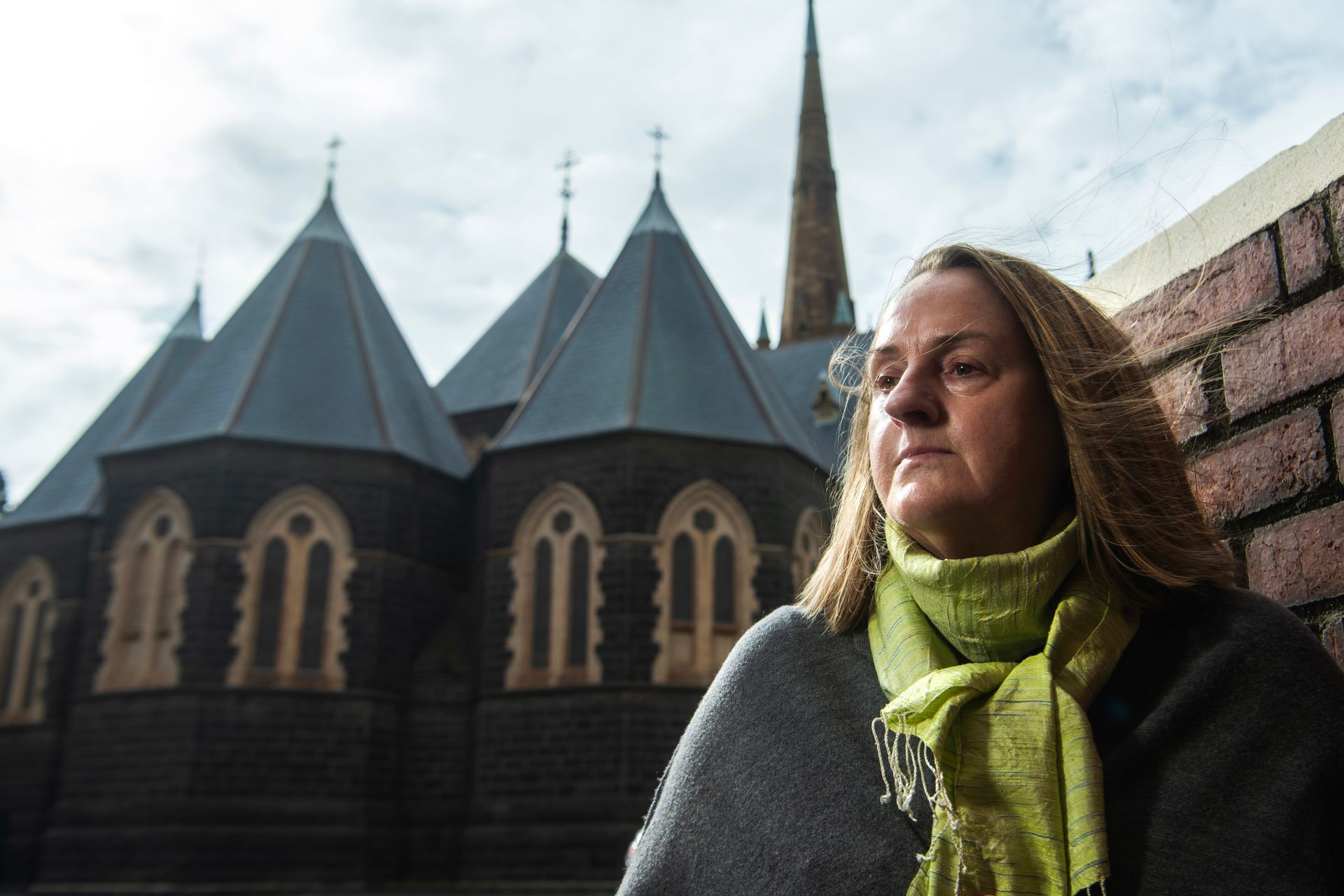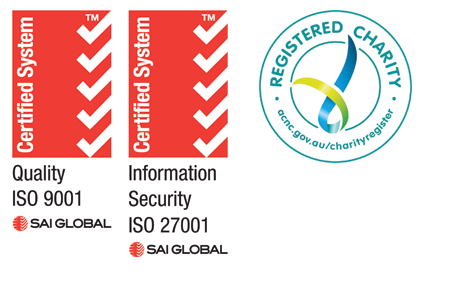Survivor guilt: helping people recover from losing someone to suicide
By Mary-Anne Toy
Jesuit Social Services has been delivering its Support After Suicide program for 21 years. General manager Dr Louise Flynn has been there for 20 of them.
The program was created to help people process the complex grief and trauma experienced after losing someone they love to suicide.
At its heart, the program helps people grapple with the question: “why did this happen to me, to us?”
“We loved them, they loved us,” said Louise. “How could this have happened? It’s complex and intense trying to understand ‘how come’. How could this person who was loved and cared about, how come they took their own life?”
Support After Suicide counsellors use individual sessions and co-facilitate support groups with lived experience volunteers to help the bereaved come to terms with the loss.
“It is a great sorrow that someone who is loved is suffering to the extent that this is what they decide to do,” Louise said. “It’s a shattering experience.”
One of the most difficult things people impacted by suicide struggle with is guilt.
“We loved this person, there’s a sense of ‘could we have prevented this?’, ‘we should’ve been able to prevent it’. It can feel like a sense of failure,” explained Louise.
“What we know about people bereaved is that there is a higher risk of suicide, higher risk of alcohol and substance misuse, higher risk of mental health issues, particularly anxiety, depression and post-traumatic stress disorder and a risk that people kind of withdraw.
“It affects employment, education and social engagement, community engagement so we’re very aware of those risks.
“Our purpose is to assist people to really mitigate the adverse effects. That’s what we’re working towards.’’
People who have lost someone to suicide have been integral to the program’s development
“For the past 15 years we’ve been fortunate to have been guided and informed by what our participants have told us,’’ Louise said.
“It’s been invaluable in the way the service has evolved and stayed responsive.
“They might tell us that we need to start a particular sort of group, or this sort of resource needs to be developed. They have been very influential. People with lived experience are definitely part of the program delivery.’’
That lived experience input led to a strong partnership with Switchboard Victoria, a peer-driven support service for LGBTIQA+ people.
“One of our participants who was part of the LGBTIQA+ community wanted to start a podcast,’’ said Louise.
The collaboration resulted in a 14-episode series, “Let’s talk about suicide”, and the formation of LGBTIQA+ specific bereavement groups.
Can we ever really understand when someone dies by suicide?
“There is a point at which it doesn’t make sense because those left behind will be thinking ‘those are things we could have dealt with, they’re things we would have wanted to support you with’,” said Louise.
“So, it never really makes sense. It can’t, because what seems insurmountable to that person doesn’t seem insurmountable to those left behind.’’
She added that coming to terms with such a loss is different for everyone. And it is not helpful for people who care for the bereaved to urge them to get past it.
“People who care for people bereaved by suicide want them to feel better, want them to be over it,” she said.
“But people take the time they take.
“Sometimes they might be relentlessly needing to ask questions over and over to try and understand it and people eventually get to a point where they will stop asking the question or they get to the point they think ‘there is no more that I can know about this’.
“We’ve been operating now for 21 years so we know that people can survive and even thrive after this experience. The sorrow may never totally leave but they still can live purposeful, interesting and engaging lives.’’
Support After Suicide is a free service for people affected by suicide in metropolitan Melbourne and Gippsland. Jesuit Social Services is funded by North Western Melbourne, Eastern Melbourne, South Eastern Melbourne and Gippsland primary health networks to provide individual counselling, support groups and online resources.
If you or someone you know needs urgent assistance, call Lifeline on 13 11 14.




